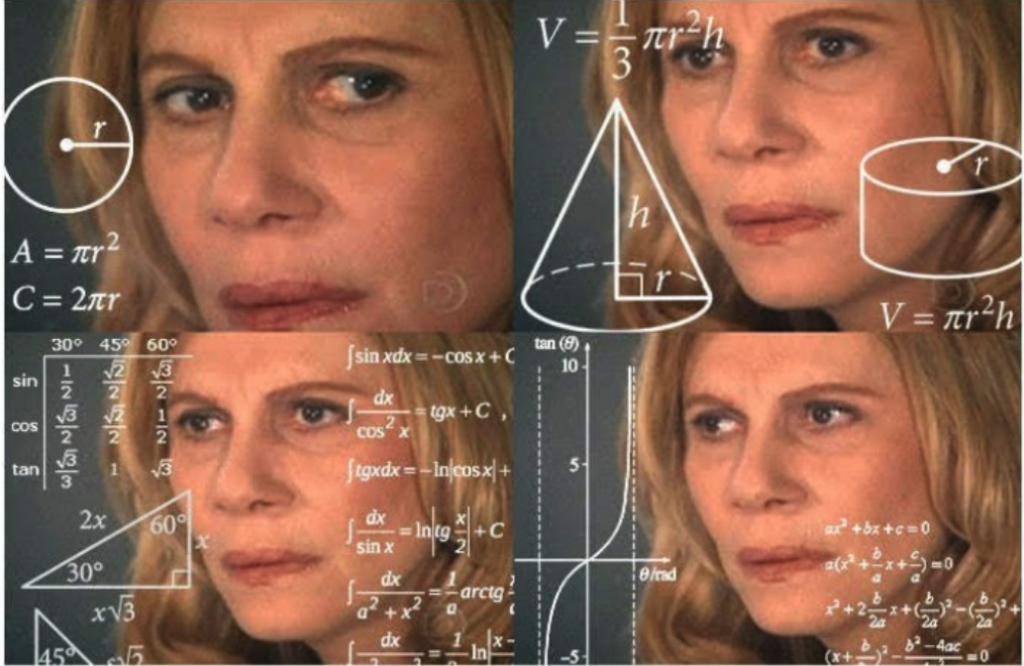

Oddly enough, there has been quite a debate over on Twitter about what we think about a writer who doesn’t read. In fact, going a bit further, the person who posted the Stephen King quote (below) mentioned she’d even seen blogs via new writers who openly claim they don’t read/don’t like reading.
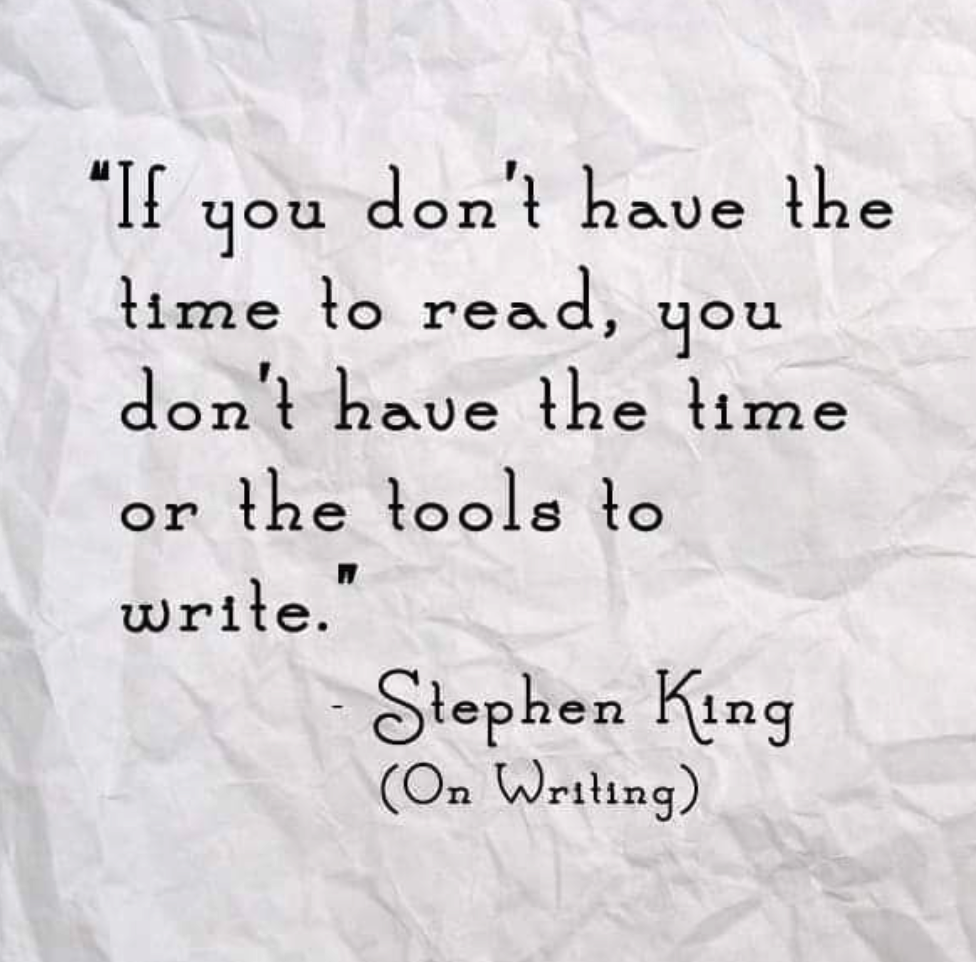

Before we get into this, though, please understand that I “get” everyone has different life constraints, budgets, and abilities. I know there are people with learning issues because I am one.
“Reading” does not have to be paper. It can be digital or audio or even visual. Long way around saying, if we want to be successful storytellers, then probably a good idea for us to be familiar with STORY.
When I used to run a writing group, we had a member who wanted to be a NYT best-selling author, but he never read.
Ever.
Claimed he was dyslexic. Okay. So I suggested audiobooks. Well, no, he was too ADHD to pay attention. All righty. Then I suggested watching films and studying them, but there weren’t any movies he liked.
Y’all seeing the problem here?
Thus, it was never any surprise that, in all the years he brought pages, they never improved.
EVER.
Reading and Writing
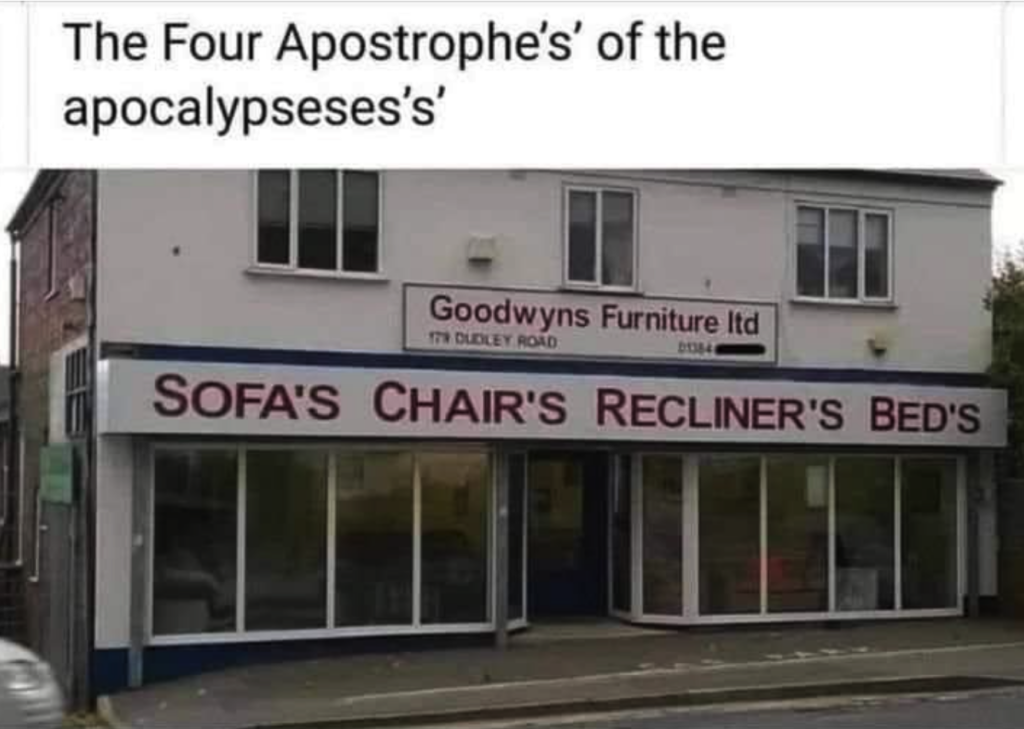

Whenever I am reading samples, I can ALWAYS…ALWAYS spot a person who never reads (and usually within a paragraph or two). There are a number of giveaways, but here is a quick list of red flags with N00B written ALL over them.
- WAY too much stage direction.
- Huge POV issues, usually guilty of head-hopping
- Loads of cliches
- Shallow/repetitive vocabulary
- All characters sound/”talk” the same
- Weird tags
- Serious pacing problems
- No dramatic tension/loaded with melodrama
- Super-perfect characters
- Flashbacks
- Passive voice
- Rely heavily on gimmicks (It was a DREAM!)
- Material rife with basic grammar and spelling mistakes
- Cast too large/loaded with redundant characters
- Author clearly DOES NOT understand genre/genre expectations
- Overwriting
- Major plot problems
- Moving/alien body parts (His eyes FLEW across the room. NO! Gets carpet fibers on them!)
- No concept how to properly write dialogue (sounds childish and stilted or like cartoon villain monologuing).
- Too much telling and too little showing
Writing is like no other profession. We are rooted in magic. Combinations of 26 letters to create entirely new worlds, people, religions, technology that has never existed before?
Puts the spell in spelling.
This said, writing a novel is a LOT like performing a magic show. Reading helps us learn to see where (other master performers) put all the wires and trapdoors that leave audiences stupefied. How do they use the lighting, misdirection, sound effects, or dry ice? We study all this so we can wow audiences when they attend OUR show.
It’s less about the props of the magic show and more about how we put them all together at the end.
Reading Tools


Admittedly, I was taken aback that some writers don’t read. Was even more astonished they were bragging about it. So throwing my two cents worth in.
I won’t take valuable time to list the obvious benefits of authors reading because that should be self-explanatory. What about the less noticeable benefits? And could those corollate with the “success” rates for “non-reading” writers?
This article spells out several ways our brains benefit from reading, and there are at least THREE of these I see as chronic problems for modern authors who don’t read.
Reading Heightens Connectivity
Part of being creative and possessing an amazing imagination is by making associations. Place two seemingly non-related objects or ideas together to come up with something even better.
When I get samples that blow me away? The writer is always, always a prolific reader. Conversely, if the story is flat, dull, and the premise done to death? Plot utterly predictable?
Guarantee the writer doesn’t read.
We need connectivity not only to come up with original story ideas, but to also piece the entire work together (and avoid being predictable). This connectivity is what will keep our story’s momentum when so many others stall out and die.
Even if we are born talented, writing is a skill that demands study if we want to be any good at it. Much like everything else.
Improves Attention Spans
When we have to sit and READ we are also training ourselves to sit and WRITE. Writing is tough because it requires so much focus. If we allow ourselves to get into bad habits of goofing off on social media, channel surfing, etc. we’ll wreck our ability to pay attention.
The only way the book is going to get written is if we put a$$ in seat and DO IT. Then DO IT until it is FINISHED.
Increases Working Memory
For those who have never FINISHED a book or a novel? It is a LOT to keep up with. I’ve never written a book that was under 83,000 words. Don’t you think I probably need to be able to remember what a character said or did earlier and where it is so I can keep the flow of the book going?
The better our working memory, the faster we’ll locate the necessary research, be able to glance at the plot and check all is okay, and the easier it will be to negotiate longer series. We’ll also be able to write a lot faster since we’ll have the information in our heads, and thus need to refer to notes less often.
Why is This a Discussion?
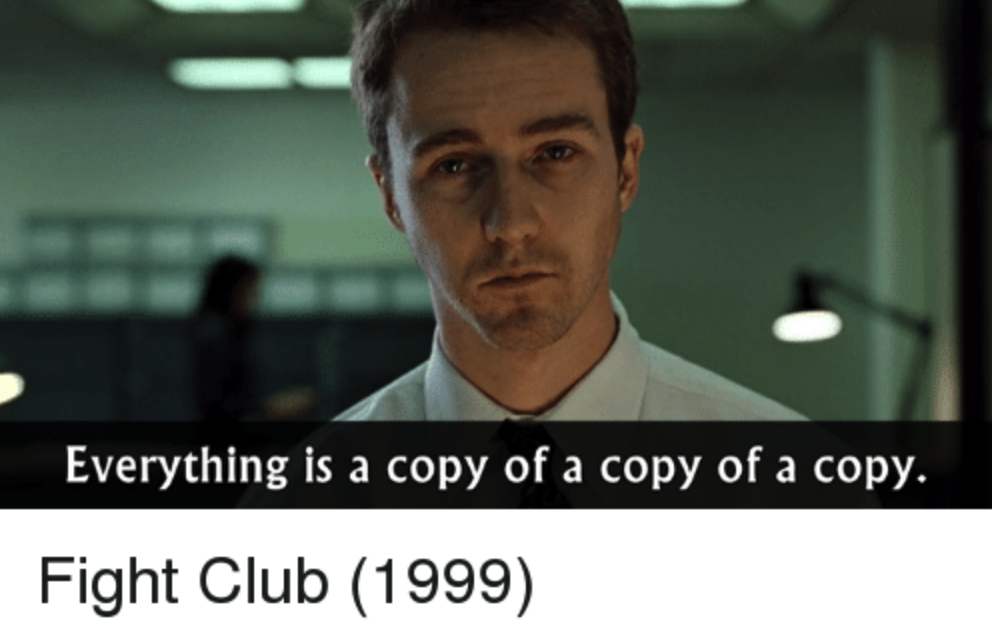

Ultimately, I am curious why this is even a discussion. To me, a writer who doesn’t read is so odd, it’s like thinking about what the number four tastes like.
That said, I’ve heard the “I don’t have time” argument a lot, and it is true. You probably don’t have time. Very few of us do. It is why we have to MAKE TIME.
If you’re like me, and it is a struggle to sit and READ a book, try retraining your ear and listen to audio books. Yes, I have to back the books up and listen multiple times, but perfect is the enemy of the good. When I find a book that is truly remarkable, I buy in paper…then scribble notes all over it.
Not only do I run a business from home, but I homeschool my seventh grade son. It was getting harder and harder to sit down with a book. I finally hit a point where I figured my writing would improve infinitely more if I “imperfectly” read 100 additional books a year than it would if I read nothing.
Ergo audiobooks.
The Entitled Elephant in the Room
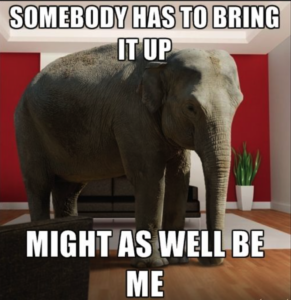

I feel it should be fairly obvious why it’s a pretty good idea for writers to read. To reiterate, I understand time constraints, money issues and learning disabilities. This post isn’t about people who have challenges, who have to figure a way to work around obstacles. This is for writers who openly admit/are almost proud they don’t read.
Which ticks me off to no end.
Bear with me.
If we want people (a.k.a. “readers”) to spend their limited spare cash and seriously limited spare time to read OUR books, shouldn’t we extend the same courtesy to our peers?
How easy is it going to be to sell someone on reading our books if WE go around chirping about not reading/not liking to read? Something like 94% of the literate population are not avid readers. What goes through their heads when an AUTHOR claims they don’t like to read?
I read not only to improve my skills, but to support those other authors in the trenches with me. Reading supports my fellow writers by buying, reading and (if I can) reviewing their books. I also support the INDUSTRY I am in, because if no one supports the industry, none of us will have a job.
What are your thoughts?
Does it seem utterly bizarre that a writer wouldn’t also love to read (or at least love stories)? I read every day as part of habit. Instead of listening to music when I do the dishes, I listen to a novel.
For me, reading is much easier with Audible (and no I don’t work for them but maybe I should).
What about you guys? Do you not feel a need to read and I am somehow way off base? Can you tell if a writer isn’t also a reader? Does it seem weird an author wouldn’t also love that which they create?
Do you feel our profession is too often taken as a scratch-off lottery way to get instant fame and riches? What do you feel about books and the profession of writing?
